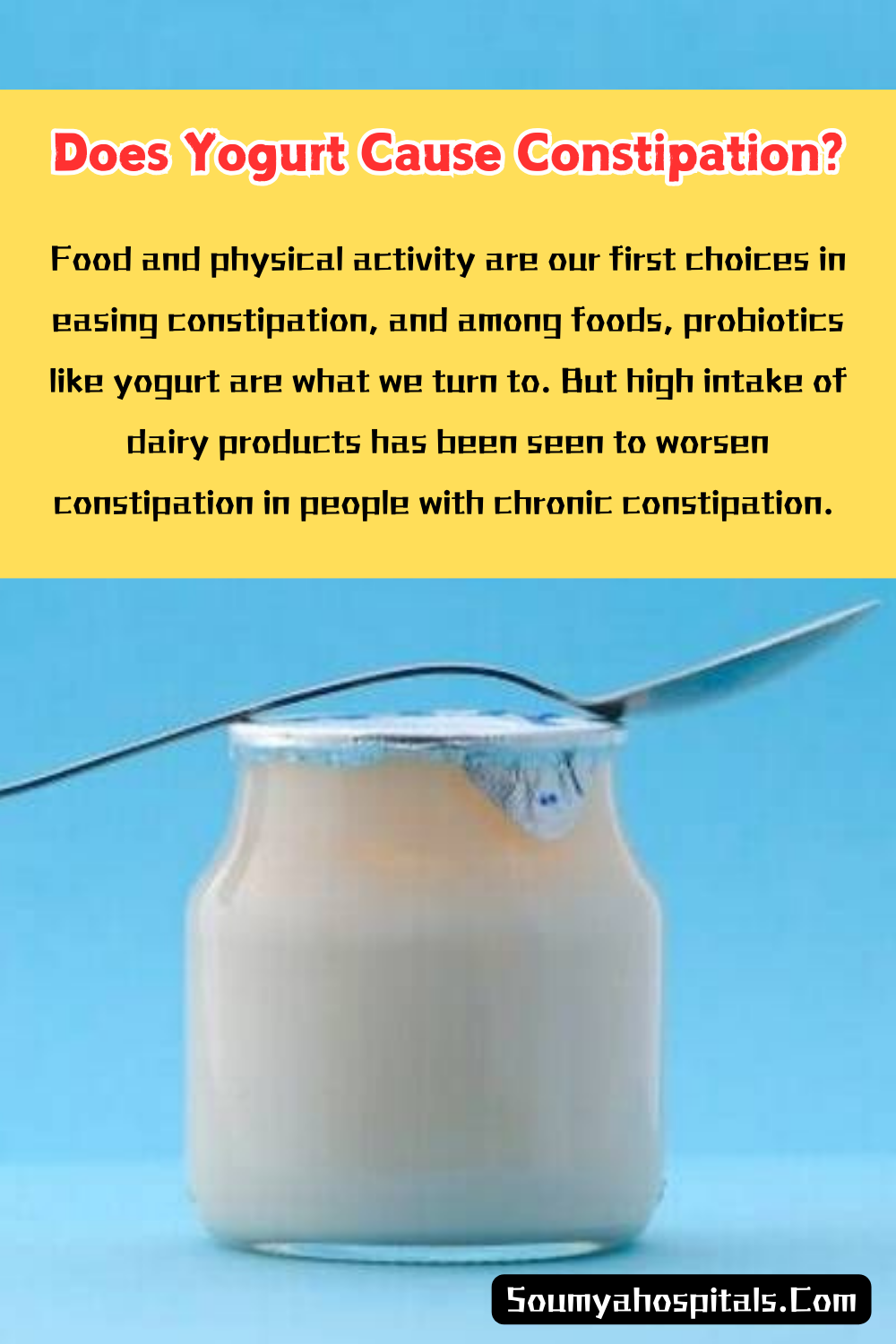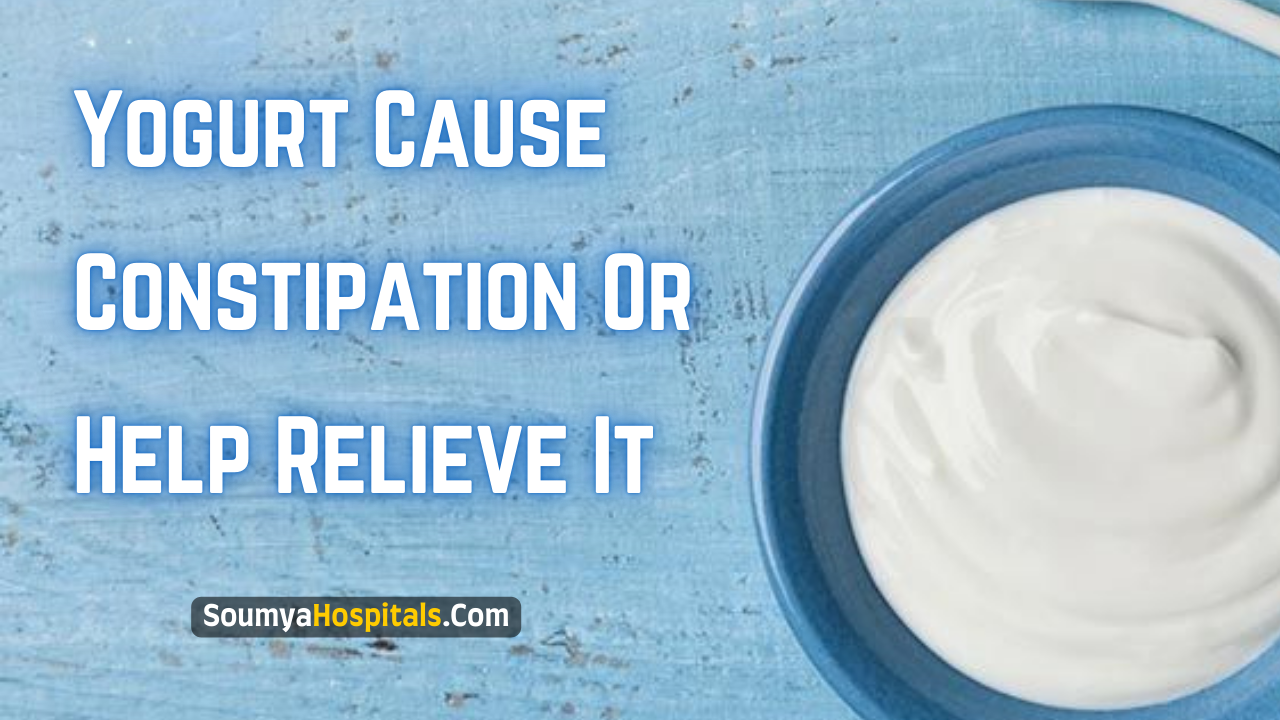Constipation makes for a staple source of toilet humor, but for those who suffer from it, it’s hardly a laughable matter. As per medical definition, constipation is what you have when you have 3 or fewer bowel movements a week. And when you do pass stool, it is hard and the process is painful. The fecal matter that collects in your body can keep you bloated, kill your appetite, give you a migraine or a stomach ache, and put you at risk of piles, anal fissure (tear in the anus), and rectal bleeding.
Also Check: Do Eggs Cause Constipation
Does Yogurt Cause Constipation?

Food and physical activity are our first choices in easing constipation, and among foods, probiotics like yogurt are what we turn to. But high intake of dairy products has been seen to worsen constipation in people with chronic constipation.
This is possibly because milk contains a protein called casein which is often not well digested. Moreover, dairy products lack fiber and high intake of these products generally means you are compromising on the quantity of fiber from other sources.
So can yogurt also cause constipation? Unlikely, unless you have too much and miss out on fiber and other nutrients. However, if your constipation is a symptom of irritable bowel syndrome (IBS), you may do well to stay off FODMAP foods like milk, cheese, and yogurt.
For otherwise healthy people, consuming dairy products in moderation while not reducing the fiber intake can ease constipation.
Bacteria In Yogurt Relieves Constipation
The advantage yogurt has over other milk products is that it is a probiotic food, which means that it nourishes the helpful bacteria in your gut. But not just any yogurt, and not even Greek yogurt. Choose low-fat probiotic yogurt that contains an extra dose of helpful bacteria. Yogurt containing Lactobacillus GG (LGG) has shown to relieve the adverse gastrointestinal effects including constipation.
Probiotic yogurt works for both the elderly and children, the common victims of constipation. A study found that daily intake of yogurt containing galacto-oligosaccharides (a non-digestible fiber that encourages the growth of good gut bacteria), prunes, and linseed reduced the severity of constipation in elderly people.
In another trial on 59 constipated children, those who received probiotic yogurt had more frequent bowel movements, less pain during pooping, and less abdominal pain compared to students who consumed only yogurt.
When you buy probiotic yogurt, look for the label stating probiotic or “live and active cultures.” As per the United States Department of Agriculture, everyone above 9 should have 3 cups of yogurt to receive the probiotic benefits. If you feel 3 cups is too much, cut down and include other sources of probiotics in your diet.
Prevent Constipation With Fiber And Probiotics

Yogurt, however, is not the only food to keep constipation at bay. Load up on fiber, eat fruits and other probiotics, drink enough water, and don’t control the urge to move your bowels.
To give you a quick brush-up on why you need fiber: the food you eat usually consists of two types of fiber, soluble and insoluble. While soluble fiber makes your stool softer, insoluble fiber adds weight to the waste matter so that it passes through the colon faster. This takes care of the two problems of constipation – hard stool and difficulty passing it. This is why a low-fiber diet is often held responsible for constipation.
Stress and depression can cause constipation. Interestingly, the foods recommended to prevent constipation are also food that can keep you stress-free.
Your bowel movements can also become irregular due to certain medicines and if there are changes in your daily routine, such as when you are travelling. Be well prepared.
Read More Posts:
